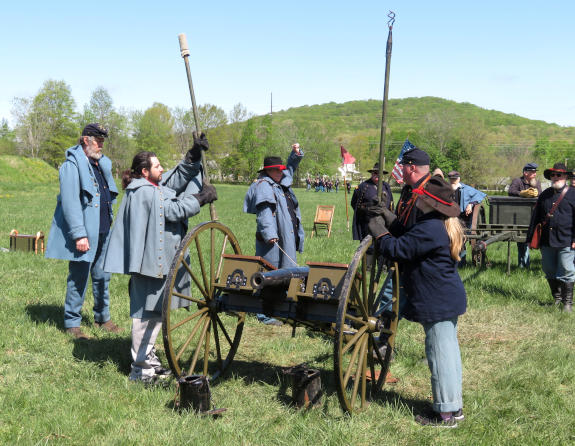NEWS OF 150 YEARS AGO
March/April 1860
From The Missouri Democrat, Monday, April 2, 1860.
CONCLUSIONS OF THE BREACH OF PROMISE TRIAL.
Our readers will bear witness that for twenty days we have faithfully followed the proceedings in the famous breach of promise trial, which terminated on Saturday evening by a verdict for the defendant. Both the oral testimony and depositions from abroad have been given fuller than ever before attempted by any paper in the West; and though the pressure upon our columns has been enormous, we have succeeded in giving full reports of its progress. The trial is now over, and the retrospect fills the mind of every reader. It has severely tested those who have been concerned nearest, and the judges, jury and counsel are entitled to praise for the unwavering patience manifested at every stage. Had not the zeal of Judge Reber kept the court in session from nine to twelve hours every day, the trial would not have been through for a fortnight hence.
But now that it is through we regard it as one of the most extraordinary on record in the judicial history of the country. In all that combines to make it interesting, it has no parallel—and the thousand and one complications involved in its considerations were well appreciated by Maj. Wright, when, after speaking eight hours and a half, he said the cause was still unargued; as well as by Mr. Glover, who spoke with great effect for seven hours, and left very important points untouched, as he said himself. Undoubtedly the verdict for the defendant was unexpected by him as it was by the community at large in the first days of the trial. It presents a remarkable contrast to the former, of a verdict of $100,000. In a case of this kind public opinion will be divided and while one voice will applaud another will condemn. It has disappointed those who have watched it closest, and the belief generally indulged in that the plaintiff would get a small verdict as to compel Mr. Shaw to pay the costs, has been destroyed. But in all points of view the public will be as well satisfied with the verdict as rendered, as with any other. Public sentiment is averse to a display of female modesty seeking damages for blighted affections in a court of justice, and no matter how pure the motive, or irreproachable the character, some stain will always attach itself to the name of a woman who institutes suit for breach of marriage contract. This may be a false sense of propriety, nevertheless it is the one most prevailing, and as such we must deal with it. Miss Carstang was warned against the odium that was to follow. She risked all. Her life and character were staked on the result. She almost won, by the first verdict, but has lost in the fearful game. Let us draw the mantle of charity over the deed.
On the other hand the wealth of the defendant has given him the power to defend successfully, and if it proved the temptation to sue, it proved likewise the means to crush. Money has been liberally spent. There can be no doubt of that. A single deposition taken in New York, cost him $525, without counting the services of lawyers, constables and drummers of witnesses. Mr. Shaw has paid the expenses of the woman Nancy Wilber frm Charleston to this city, her support since the 9th of January, and expenses back to Charleston, for the sake of her testimony. Other instances afford an example of the use of money, though it is due to truth to say there is not a syllable in all the evidence read on the trial, indicating an improper use of wealth to pressure testimony. Any prejudice based upon this idea is unfounded so far as the proofs show. Nor is there anything we assumed in the suppressed evidence which would show it. Able counsel had been engaged, and an immense deal of labor performed to prepare a defence, and the memory of the former verdict has doubtless stimulated the zeal of the lawyers. The principles of law have been, we firmly believe, impartially laid down by the Court. Judge Reber has favored neither side, and the jury have not been assailed for any leaning either way before the trial. The verdict has been rendered and the long suspense which attended the case ended.
It is seldom that our Courts have been troubled with a case of this character, and we hope it may be a long time before we have another to publish.



